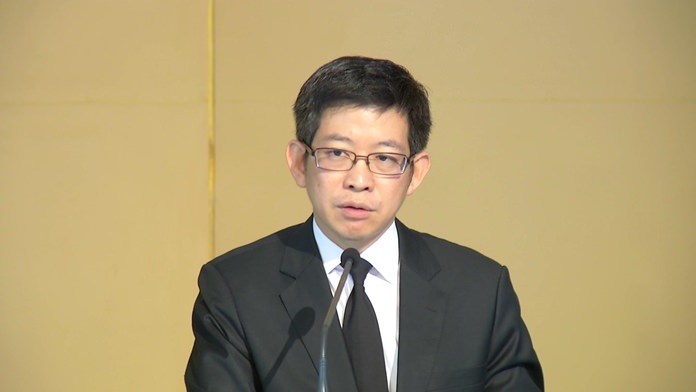
The government has agreed to adjust parts of the Public-Private Partnership policy and its Eastern Economic Corridor initiative.
 Vice Minister attached to the Prime Minister’s Office Kobsak Pootrakool said on Tuesday that the weekly Cabinet meeting had agreed to make changes to the PPP Policy’s opt-in and opt-out conditions.
Vice Minister attached to the Prime Minister’s Office Kobsak Pootrakool said on Tuesday that the weekly Cabinet meeting had agreed to make changes to the PPP Policy’s opt-in and opt-out conditions.
Regarding opt-out projects, which are for subsectors that require private sector investment, Kobsak said that any state agency, which may want to make the entire investment by itself must be able to present all details and convince the state that its rate of investment will be lower than in a joint approach.
Four businesses are covered in this group: the urban rail project, the urban tollway project, the development of public piers for transportation of goods, and the high-speed train project, added Kobsak.
While the opt-in projects, which refer to subsectors where the government encourages the private sector’s participation and investment, he said that the government would like them to focus on 18 selected businesses, such as the telecommunications network, the high-speed internet system and the joint stored-value transport ticket project.
In addition, the Cabinet has approved the proposed personnel development plan to accommodate the EEC initiative, by endorsing the cooperation plan of Carnegie Mellon University from USA and Thailand’s King Mongkut’s Institute of Technology, Ladkrabang to set up the CMKL institution, where graduate and doctorate programs in electrical engineering, computer engineering and software engineering will be offered.





